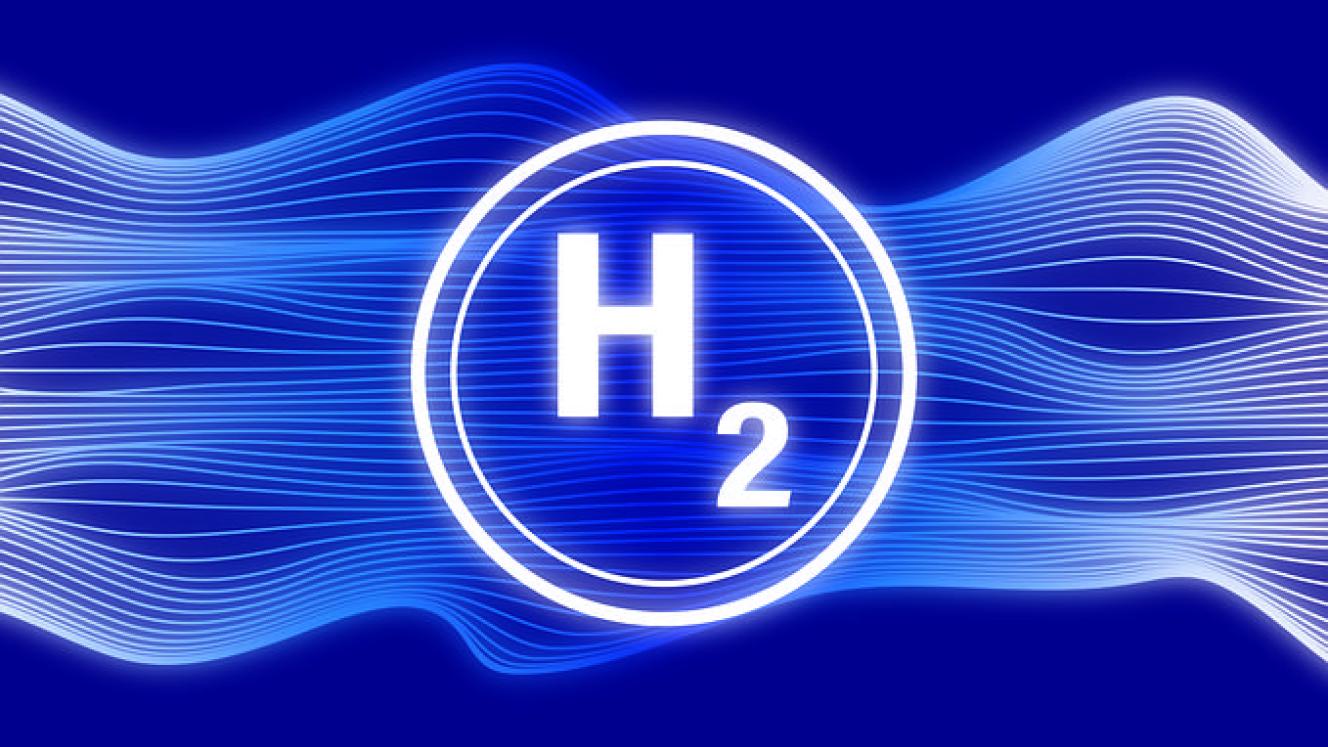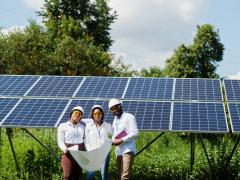By: Yershen Pillay, CIETA CEO
In the next five to ten years, South Africa faces a major skills crisis in the local green hydrogen economy. Thousands of engineers, technicians and green artisans will be required to realise the country’s green hydrogen aspirations. Many companies in the nascent stages of green hydrogen production and distribution are already announcing shortages in skilled hydrogen fuel transporters. If left unattended, the massive gains in green hydrogen infrastructure investment could lead to minimal returns for the country.
According to a recent report by clean energy powerhouse Masdar, African countries today account for about 3% of global hydrogen projects. The report further states that Africa has the potential to capture up to 10% of the global green hydrogen market by 2030. The African hydrogen industry could create approximately 1.9 to 3.7 million jobs and boost GDP by 60 billion US dollars by 2050. South Africa has the potential to be a global leader in green hydrogen production due to our natural and technological endowments. Our vast land, solar and wind resources combined with existing technology make the cost of producing green hydrogen much cheaper than Europe and other parts of the world.
Hydrogen has many uses and benefits. It is used as a feedstock for industrial processes and products in the chemical industries, including fertilizers, ammonia, methanol, and hydrochloric acid. The hydrogen economy is not new or unique. Hydrogen has been around since the early 1920s and was mainly used in the manufacturing of fertilizers and explosives. The hype around the usage and potential benefits of hydrogen as a renewable energy source emerged with developments in fuel cell technology and advancements in fuel cell electric vehicles (FCEVs).
South Africa future green hydrogen leader?
This hype around hydrogen continues to gain momentum with many countries placing their bets on South Africa as the future global green hydrogen leader. The German government recently announced a R277 million grant in favour of chemicals group Linde for their green hydrogen project in Secunda, Mpumalanga. The Public Investment Corporation (PIC) stated that approximately R4.3 trillion is required for the development of South Africa’s green hydrogen economy. This level of investment into hydrogen infrastructure development will have to be matched with a similar level of investment into hydrogen skills development. This is because the main drivers for the growth of South Africa’s hydrogen economy are infrastructure and skills. However, not much attention is being paid to the skills needs of the hydrogen economy and the widening green hydrogen skill gap.
Investing more resources into green infrastructure and green artisans will ensure that the country is well positioned to seize the new opportunities presented by green hydrogen. The opportunities for growth include the production and export of green hydrogen and green ammonia, manufacturing of hydrogen fuel cells, electrolysers, and membrane electrode assemblies, the manufacturing of fuel cell electric vehicles, and low-carbon solutions for mass transportation and hydrogen-powered ecosystems.
However, the restraints to growth include the high capital investment required for pipelines and carriers and the lack of skilled workers. Green hydrogen carries high operational costs as it is expensive to store and transport. Hydrogen requires an abundance of water resources and SA is a water scarce country. This poses a significant threat to the country’s hydrogen ambitions unless significant investment is made into options such water desalination infrastructure for the hydrogen economy.
To address the lack of skilled workers requires the development of a national green hydrogen workforce development strategy. This strategy should be accompanied by a green hydrogen skills plan for all major sectors of the hydrogen economy. The major sectors of the green hydrogen cluster include energy, chemicals, transport, mining, and agriculture - the big five of hydrogen. In a recent report by the Chemical Industries Education and Training Authority (CHIETA), 17 future skills for success in the hydrogen economy were identified. These include hydrogen fuel technicians, hydrogen systems engineers, hydrogen power plant managers, hydrogen power system electricians, hydrogen storage specialists, electrolysis engineers, hydrogen pipeline installers, and hydrogen safety specialists. CHIETA has subsequently embarked on a plan to upskill 1 000 chemical engineers to become hydrogen systems engineers by 2025.
It is imperative that the national green hydrogen workforce development strategy prioritizes these 17 hydrogen skills to avoid importing the talent from abroad when the dawn of green hydrogen’s promise reaches our doorstep. Proper planning is required to avoid a plea for foreign aid. Africa’s transition to a green hydrogen economy should be led by Africa. With the right workforce development strategy, our people have the potential to become green hydrogen leaders. The state must work to actively position South Africa as a green hydrogen leader by spearheading the development of hydrogen skills from high school all the way through to TVET colleges and Universities. In the end, effective coordination and collaboration between the state and private sector will be main factor of success.













